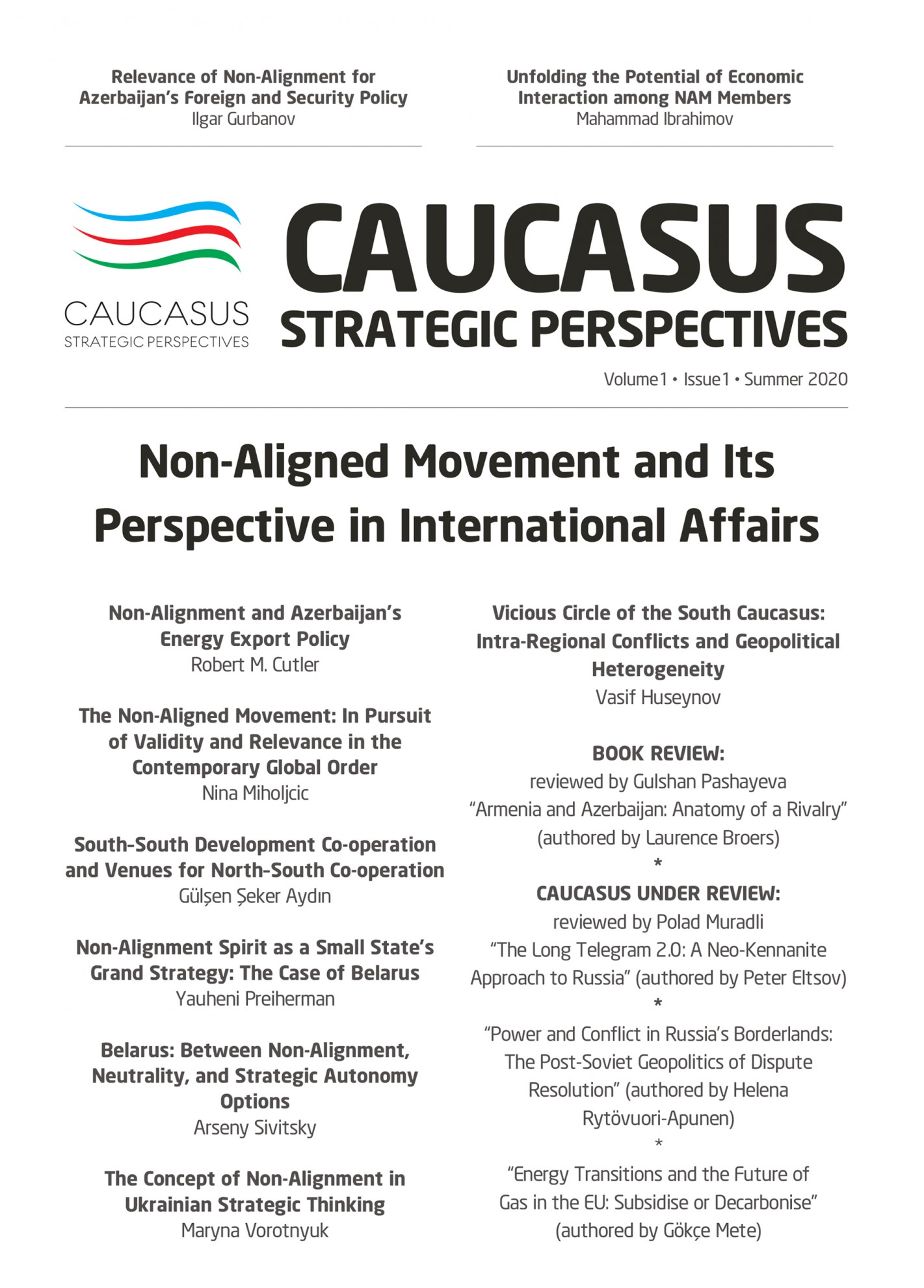South–South Development Co-operation and Venues For North–South Co-operation
This article explores the economic dimension of South–South co-operation and North–South dialogue – that is, co-operation and dialogue in the field of development.After introducing the significance of the issue, the study first explores South–South co-operation at bilateral, regional, and global levels. Second, the study examines North–South dialogue within the framework of the New International Economic Order (NIEO), the United Nations Conference on Trade and Development (UNCTAD), and the Group of 77 (G-77). As the main research question, the study addresses why the South–South co-operation and the North–South dialogue failed to deliver effective results until recently. The study concludes that the weakness of the South vis-à-vis the strong North prepared the ground for the eventual paralysis of the South–South co-operation and North–South dialogue starting with the 1980s. With the strengthening of the Southern actors such as China and the weakening of the Northern development ideology of the Washington Consensus, South–South co-operation has gained momentum and the North has experienced difficulties in repelling the new development discourses of the South, including the Beijing Consensus of China.
Latest news
- 12/27/2024 Call for Submissions-Caucasus Strategic Perspectives, Volume 6, Issue 1, Summer 2025 668 views
Popular articles
- 07/18/2022 The Russia–Ukraine War: Perspective of Azerbaijan 4326 views
- 10/14/2020 The Non-Aligned Movement: In Pursuit of Validity and Relevance in the Contemporary Global Order 3307 views
- 10/14/2020 Vicious Circle of the South Caucasus: Intra-Regional Conflicts and Geopolitical Heterogeneity 3291 views
- 10/14/2020 Relevance of Non-Alignment for Azerbaijan’s Foreign and Security Policy 3020 views





